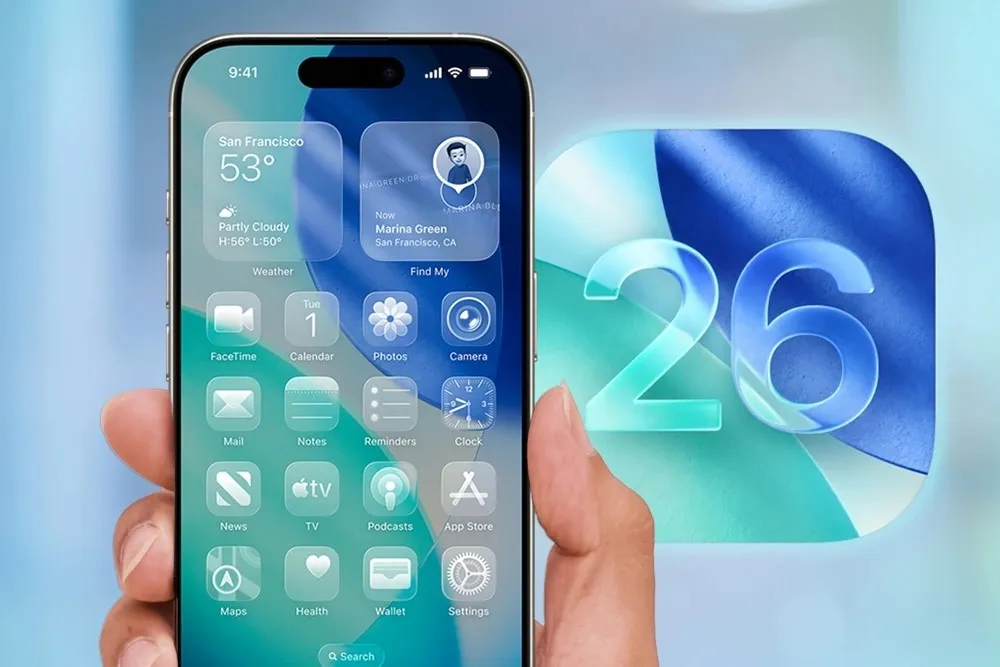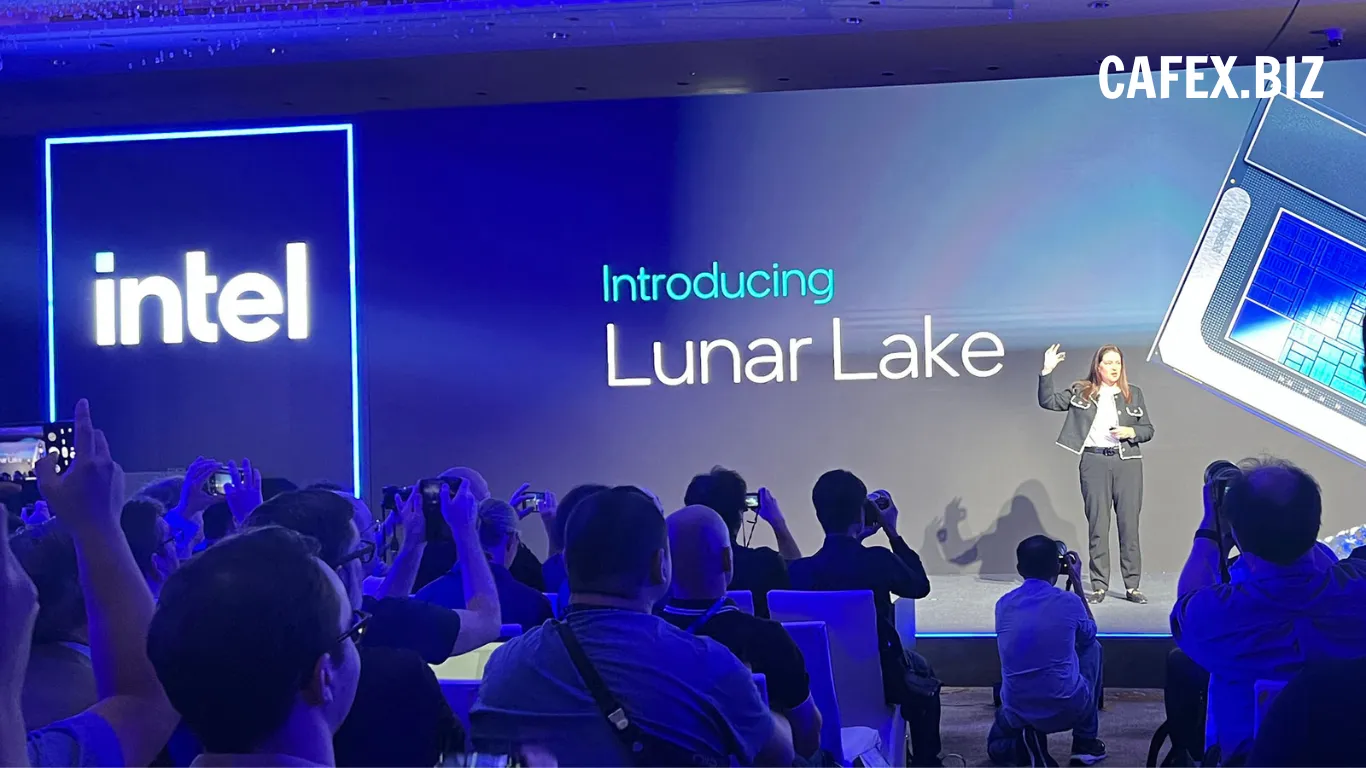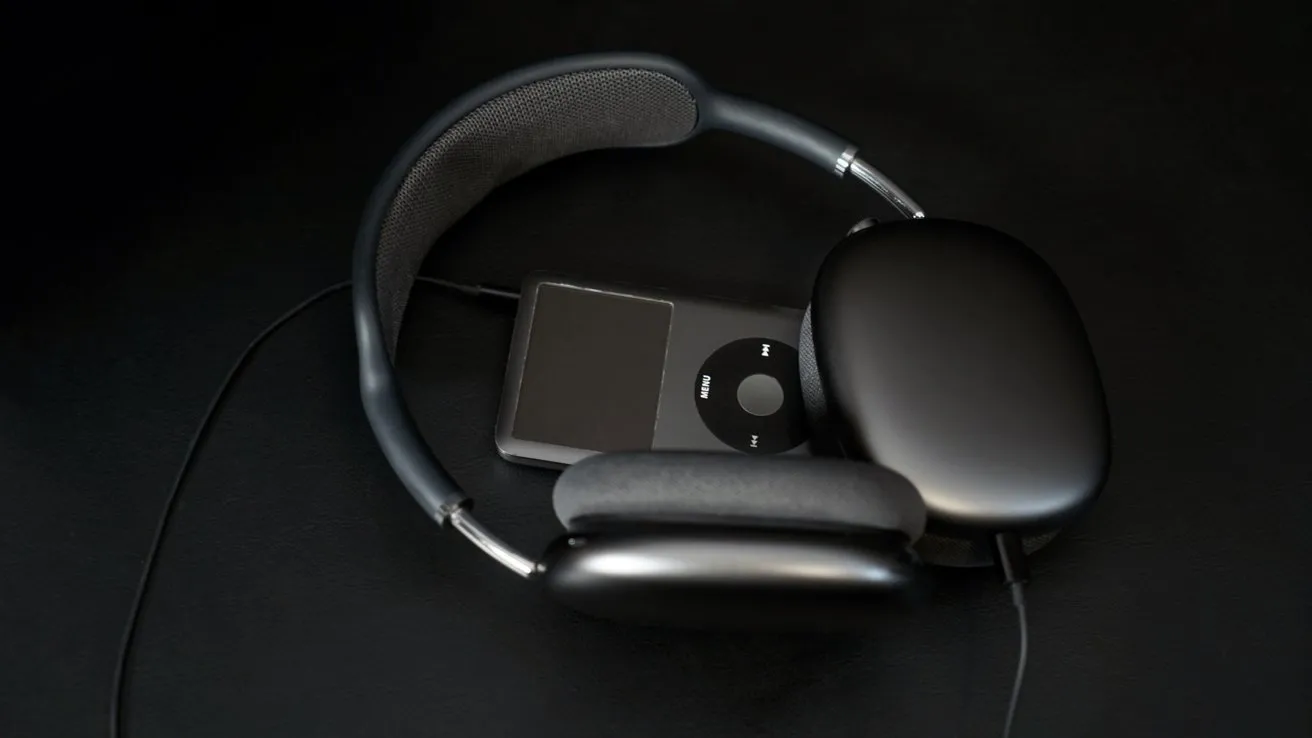Google is introducing a groundbreaking feature to its upcoming Pixel 9 and Pixel Fold devices: an Apple-like satellite SOS capability. This feature, as leaked by Kamila Wojciechowska and reported by Android Authority, could redefine the standards of safety and connectivity in mobile devices.
The satellite SOS feature is designed to provide users with a lifeline in situations where conventional cellular networks fail. In remote areas, during natural disasters, or in any scenario where communication infrastructure is compromised, this feature could be a beacon of hope, offering a direct line to emergency services.
Implementation of this feature appears to be a thoughtful one. Rather than allowing for open-ended messages, the system would guide users through a series of questions to quickly ascertain the nature of the emergency. This structured approach can streamline the communication process, ensuring that the most critical information is conveyed efficiently.
The animation accompanying the feature, as described in the Android Authority article, is more than just a visual aid. It's a crucial tool that will help users correctly align their device with a satellite, a necessary step for the feature to function effectively. This user-friendly design demonstrates Google's commitment to making advanced technology accessible to all.

The partnership with T-Mobile and the potential use of SpaceX's satellite messaging service adds another layer of intrigue to the story. While pricing details remain unclear, the collaboration with such industry giants hints at the scale and ambition behind this initiative.
The mention of Garmin, known for its InReach 2-way messaging devices, further suggests that Google is exploring all avenues to ensure robust and reliable satellite communication. Garmin's existing service, which operates on the Iridium satellite network, boasts global reach, setting a high bar for what users might expect from Google's offering.
However, the question of cost looms large. Garmin's service, while effective, comes with a subscription fee. Will Google follow Apple's lead and subsidize the service, at least initially, to encourage adoption? Or will users be expected to shoulder the cost as part of their device's functionality?
Beyond the immediate benefits to users, the introduction of satellite SOS features in mainstream smartphones could have broader implications. It could spur innovation in satellite technology, leading to more advanced, efficient, and affordable communication solutions. It could also set a new standard for safety features in mobile devices, compelling other manufacturers to follow suit.
As we await official confirmation and further details from Google, the prospect of satellite SOS in the Pixel 9 and Pixel Fold is a tantalizing one. It represents not just a step forward for Google but a leap for mobile technology as a whole. With the potential to save lives and keep us connected in the most challenging circumstances, this feature could be a defining moment for the industry and a testament to the power of technology to make a real difference in the world.

-1687329326.jpg)

